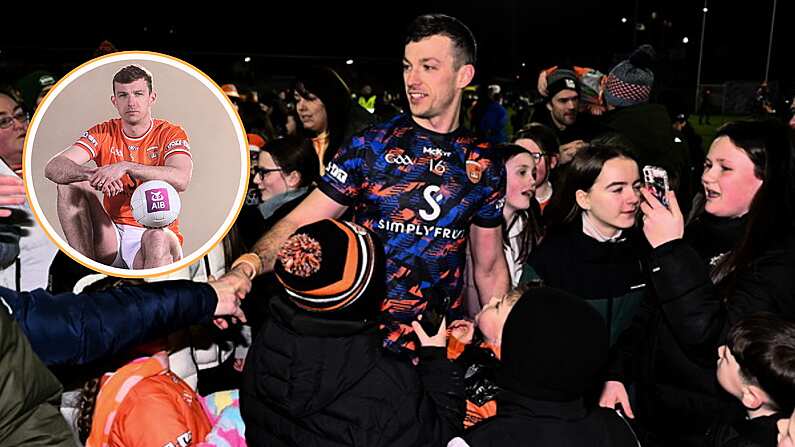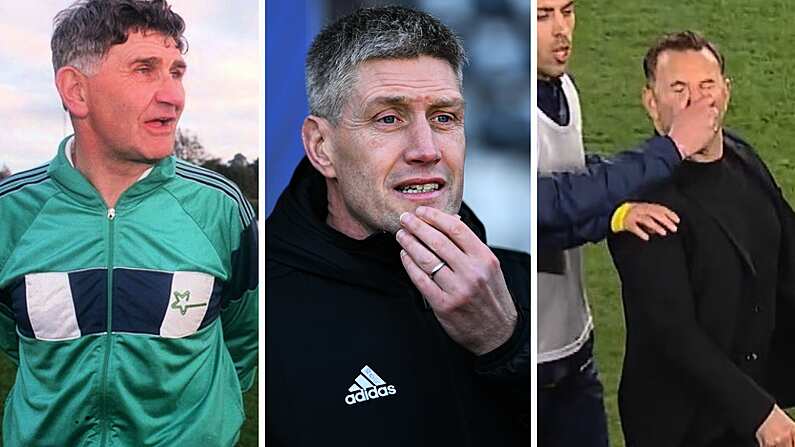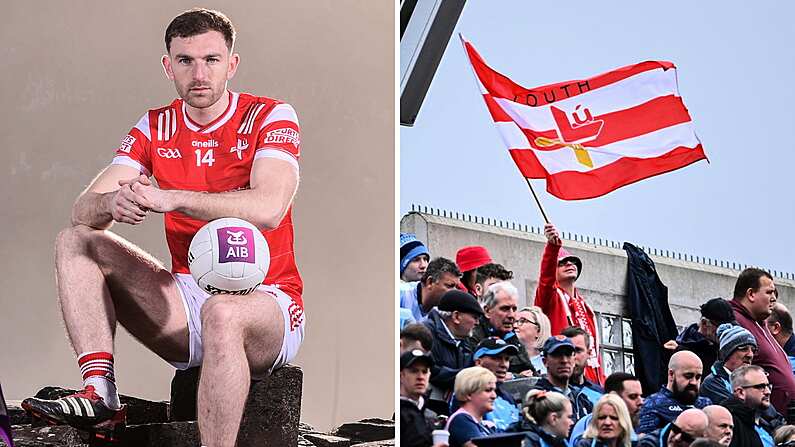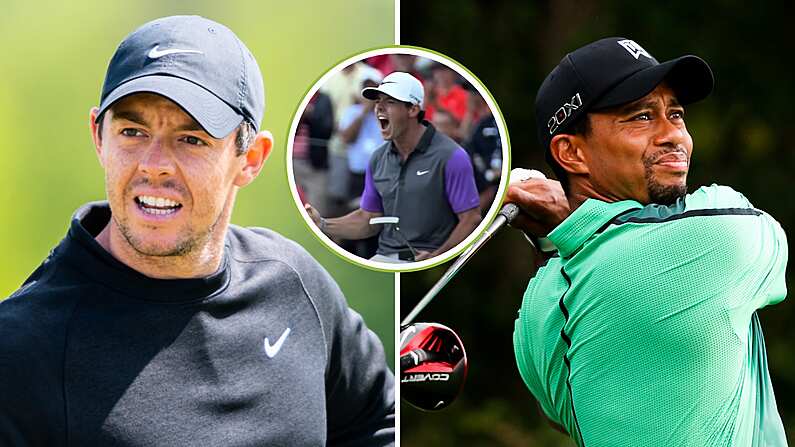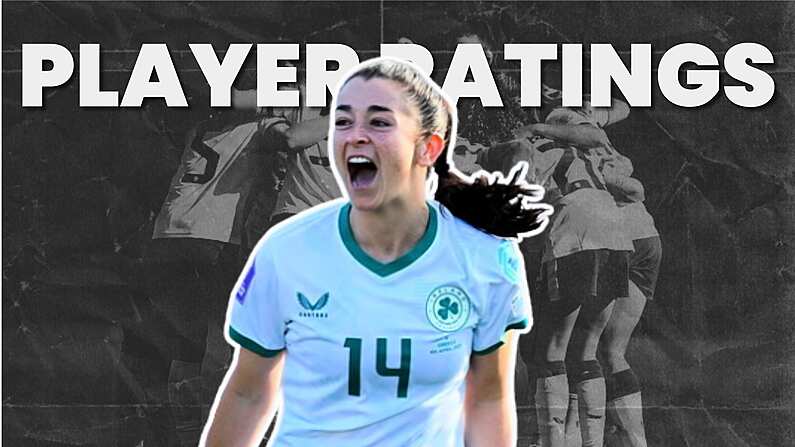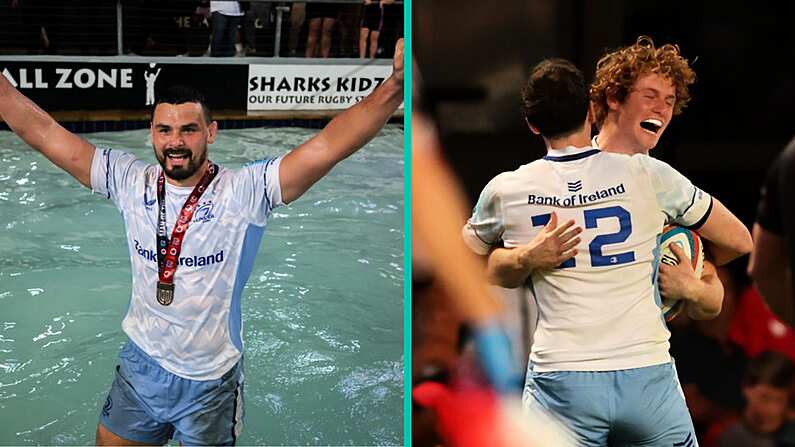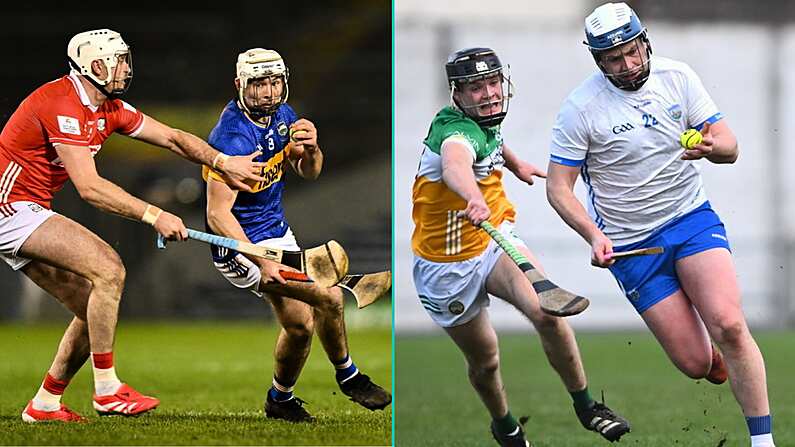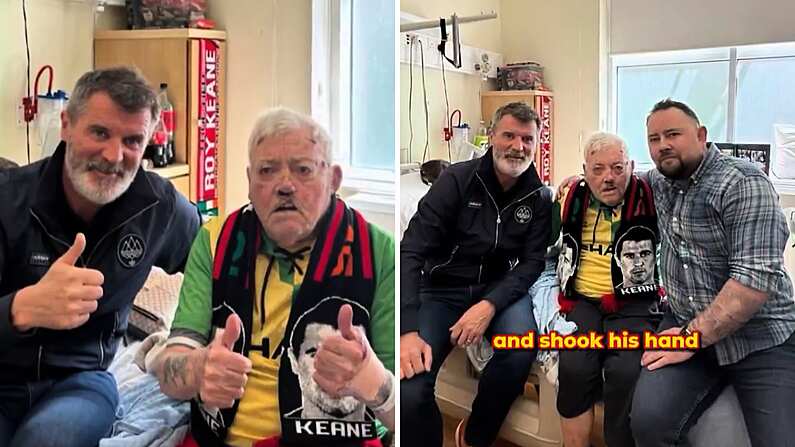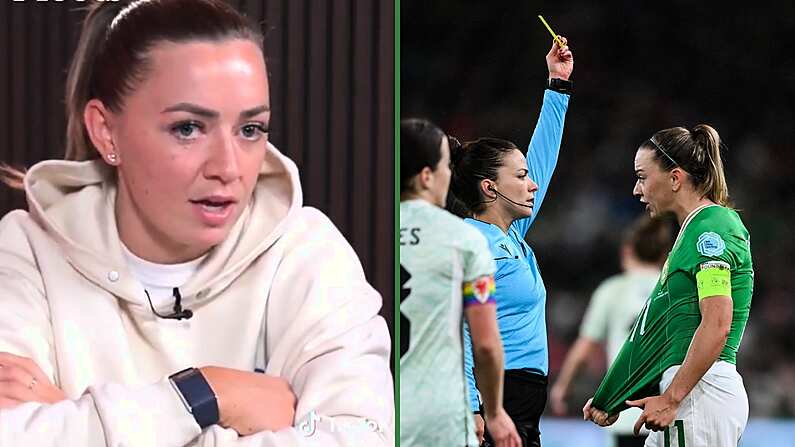On the Saturday night of the infamous 1999 Ryder Cup in Brookline, the Americans were trailing 10-6 and appeared set to lose their 3rd Ryder Cup in a row.
All hope wasn't lost. At that time, the US team still had a reputation for under-performing in the pairs events on the first two days before blitzing the Europeans in the singles on the Sunday.
Even so, things looked bleak.
Addressing the press, the US captain Ben Crenshaw was exceedingly bullish. He resembled a God-fearing American football coach in an NBC drama. He wagged his finger and paused for dramatic effect.
"I'm gonna leave ya'll with one thought and then I'm gonna leave. I'm a big believer in fate... I have a good feeling about this."
Before all that, Crenshaw turned to the then Governor of Texas for help. George W. Bush can chalk up inspiring the US to their most famous Ryder Cup win as one of his many successes (?). The Ryder Cup is a magnet for A-list American politicians. Seasoned Ryder Cup watchers would often see the likes of George Bush Senior nattering with the captain, riding around on a buggy as part of the US team entourage.
W. was already on the campaign trail by that stage and had long known of his central role on the night itself. It had been arranged long before the US found themselves deep in a hole on the Saturday evening but the circumstances of competition rendered the address even more fitting.
Bush strode into the room and read out Col. William Travis's stirring letter in which he refused to surrender before the Battle of the Alamo. The letter ends with the phrase 'VICTORY OR DEATH!'
(Incidentally, in Travis's case, it ended in death as his forces were hopelessly outnumbered by the Mexicans and the help failed to arrive. None of the players were pedantic enough to raise that point.)
After finishing the letter, Bush "wished the players godspeed", said the country was pulling for them, and left the room. The following team, the US team won a famous victory on a score of 14 1/2 to 13 1/2. In the European mind, that Sunday showcased American golf at its most pumped-up and nationalistic.
Crenshaw was a Texan and a personal friend of Bush. He was also one of the most committed Republicans on the PGA tour, something borne out by his financial contributions. There is stiff competition for that accolade.
Golf has long enjoyed a reputation as the most Republican inclined sport of the lot. According to Peter Beinart, fans of soccer and basketball lean Democratic, while devotees of golf, baseball and NASCAR swing Republican. American Football, by far the country's most popular sport, "crosses the aisle".
Last year, Sports Illustrated surveyed tour players on both the PGA and Champions Tour (seniors tour) on the Presidential Election. A whopping 56% of PGA tour players said they wouldn't vote for Hillary Clinton even if she could guarantee cutting her taxes in half.
However, the most dramatic illustration of US golf's love for the Republican Party and its equally intense hatred for the Democratic Party is found in the 1993 Ryder Cup.
Bill Clinton had been elected the US President the year before. Like all US Presidents, Billo was fond of golf and the Ryder Cup, even if he became notorious in some circles for his attachment to the mulligan.
Clinton was eager to wish the US team well before battle commenced at the Belfry. The team weren't eager to receive his good wishes. Captain Tom Watson - rather more successful in '93 than he would be two decades later - had to smooth things over, guilting the players into showing proper respect for "the First Golfer". The controversy was detailed in John Feinstein's book 'A Good Walk Spoiled'.
"There wasn't a single member of the team who had voted for Bill Clinton in 1992. None of them liked the Clinton plan to tax the wealthy one bit. The politics of the team were probably best summed up by U.S. Open champion Lee Janzen, who said, 'Where I grew up you were better off telling people you were a garbage man than a Democrat.' "
In the past year, the likes of John Daly and Jack Nicklaus have publicly supported Trump. The day before the election, Daly was asked by Rich Eisen whether he played with Trump. After confirming that the Donald was a 'decent player' (by all accounts he is), Daly swung the conversation around to Clinton. His disdain was obvious.



